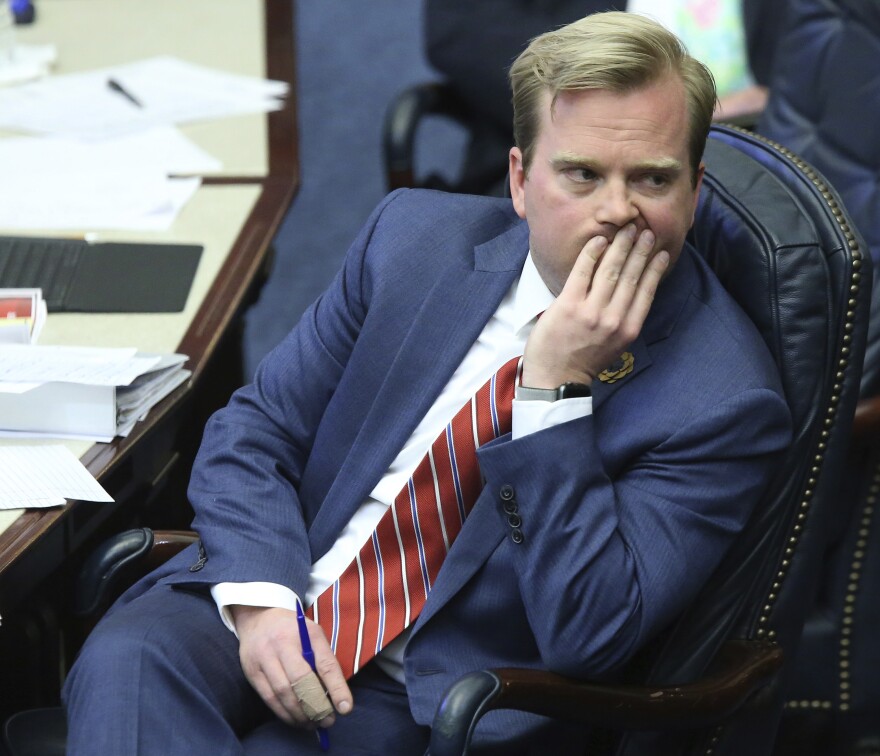After a new law allowing some felons to regain the right to vote went into effect, the American Civil Liberties Union filed a federal lawsuit calling the law unconstitutional. The group says the implementing bill doesn’t follow an amendment passed by voters. And argues the laws’ financial obligations create a poll tax and cut the number of eligible felons in half.
Tampa Republican Representative Jamie Grant drafted the bill, he says his approach to writing Amendment 4’s implementing bill was different from writing a bill he had made from scratch because he had to follow guidelines.
“One of the things I’ve said from day one with a constitutional amendment is it’s very different when we’re talking about implementing what was presented to the voters,” says Grant.
Grant says he stuck to the words presented to voters on paper. But others spoke more about what they thought was in voters’ minds.
“The reality is we don’t know what different voters were thinking,” says Grant.
He says in his office he had people who reached out and said, “any financial obligation, that’s not what I voted for I voted for prison time’.”
He says he also had people tell him they “voted for when the term of the sentence is completed and that means restitution, fines, and fees.”
Some have raised concerns that Grant’s implementing bill violates the U.S. Constitution because it requires felons to pay back fines fees and restitution before regaining the right to vote. But Grant maintains he took that language from the amendment voters passed.
“If our bill is a poll tax and violation of the 24th amendment, then even at the strictest construction amendment 4 is a violation of the 24th amendment because I don’t think what most people don’t realize this but probation is inherently a financial obligation,” says Grant.
But Grant doesn’t either is unconstitutional. And he thinks the argument diminishes what the United States’ 24th Amendment did.
“The historical atrocity of a poll tax was something that said, somebody who didn’t commit a crime somebody who did nothing wrong, somebody who was just poor or a minority was denied access to the ballot box,” explained Grant. “That is inherently different than someone who committed a felony convicted through due process.”
A judge has asked lawyers to consider whether both the new law and amendment violate the U.S. Constitution. Grant says that’s thanks to the ACLU’s challenge against the implementing bill.
“The ACLU has now done an about-face to go file a federal lawsuit completely contradicting their prior position,” says Grant.
Grant points to a letter the ACLU sent in December of 2018 to then-Secretary of State Ken Detzner acknowledging financial obligations could include restitution and fines, imposed as part of a sentence or probation.





